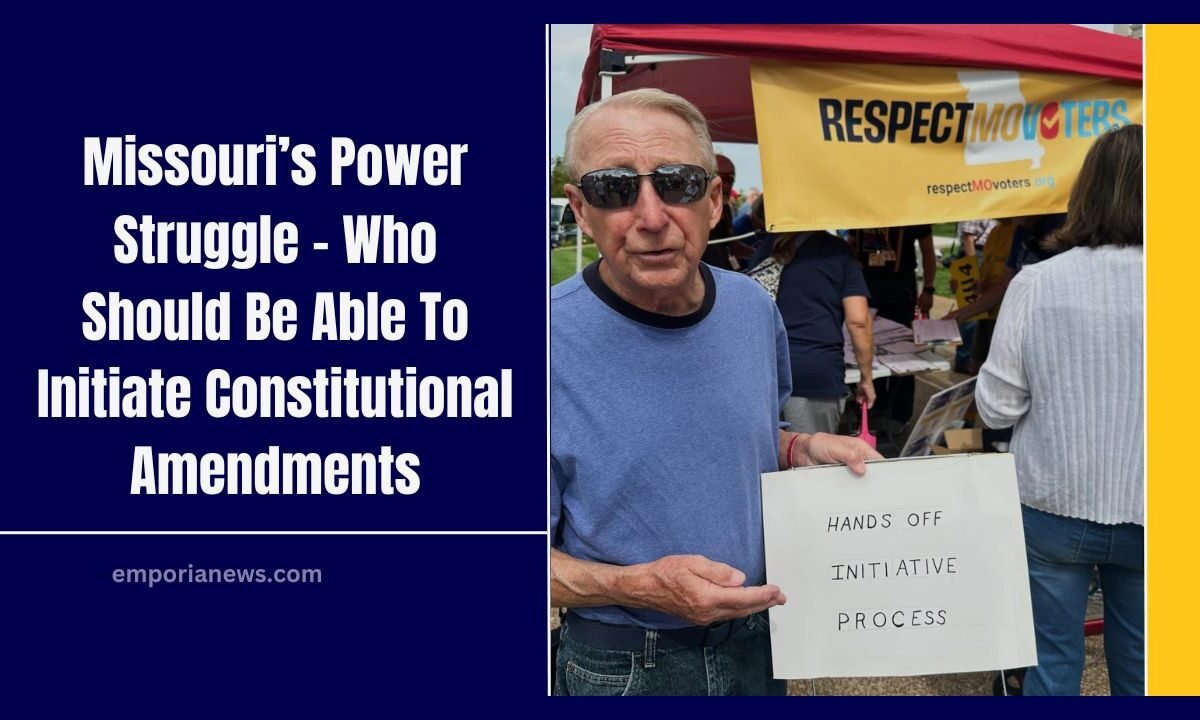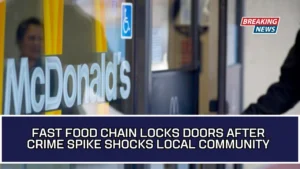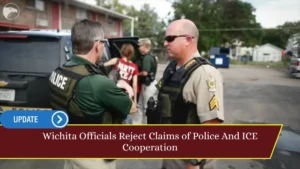Missouri is facing a growing clash between voters and lawmakers over who should have the power to initiate constitutional amendments.
Two opposing proposals—one championed by citizen activists and the other by Republican lawmakers—are likely to appear on the 2026 ballot, setting the stage for a high-stakes battle over the future of direct democracy in the state.
This conflict highlights broader questions about whether the people or their elected officials should have the final say in shaping Missouri’s constitution.
Competing Proposals at a Glance
| Side | Key Proponents | Main Proposal | Impact |
|---|---|---|---|
| Citizen Activists (Respect Missouri Voters Coalition) | Lauren Bakker, Benjamin Singer | – Keep a simple statewide majority vote for citizen-led constitutional amendments. – Ban lawmakers from raising signature requirements or weakening initiative rights. – Require 80% approval in both legislative chambers to change or repeal voter-approved measures. – Ensure initiatives can only be voted on during general elections unless 80% of lawmakers agree otherwise. | Strengthens voters’ power, making it harder for lawmakers to undo ballot measures. |
| Republican Lawmakers | Gov. Mike Kehoe, Rep. Ed Lewis | – Require citizen-led amendments to win not only a statewide majority, but also a majority in each of Missouri’s 8 congressional districts. – Keep legislature-initiated amendments requiring only a statewide majority. | Creates a dual standard that raises barriers for citizen-led amendments. |
Why This Matters
In recent years, Missouri voters have passed measures on abortion rights, paid sick leave, and minimum wage increases, only to see lawmakers try to repeal or weaken them. This tug-of-war has fueled frustration among citizens who believe their voices are being disregarded.
At the same time, many lawmakers argue that out-of-state interest groups can fund controversial ballot initiatives, pushing complex policies into the constitution without broad consensus. They believe raising thresholds would prevent special interests from rewriting state law.
Details of the Legislative Proposal
- Dual Threshold: Citizen initiatives would need to win a majority vote in all eight congressional districts in addition to a statewide majority.
- Legislature Advantage: Amendments proposed by lawmakers would still need just a statewide majority to pass.
- Goal: Lawmakers argue this ensures that amendments have support from both rural and urban regions, and from areas represented by both parties.
- Criticism: Opponents argue that even one district voting “no” could block an amendment supported by most Missourians, effectively giving veto power to a minority.
Details of the Citizen-Led Proposal
- Signature Drive: The Respect Missouri Voters Coalition is aiming to collect about 300,000 signatures, far more than the legal minimum, to qualify their proposal for the 2026 ballot.
- 80% Legislative Threshold: Lawmakers could only change or repeal voter-approved amendments if 80% of the House and Senate agree to send the change back to voters.
- Limits on Lawmakers: Their proposal would ban the legislature from increasing signature requirements or adding other restrictions that could weaken the initiative process.
- Preserves Direct Democracy: Activists argue this measure would protect the will of the people from legislative interference.
Key Stats
| Item | Figure |
|---|---|
| Missouri congressional districts | 8 |
| Signature target for citizen proposal | 300,000 |
| Legislative threshold to change voter-approved laws (proposed) | 80% in House and Senate |
| Ballot date for both measures | Likely 2026 general election |
Missouri is at a turning point in deciding how its constitution can be changed. Lawmakers are pushing to make it harder for citizen-led amendments to pass by requiring wins in all eight congressional districts, while citizen activists want to protect their initiative rights and prevent lawmakers from overturning the will of the people.
The outcome will shape Missouri’s future: either preserving strong direct democracy powers for voters, or tightening legislative control over constitutional changes.
As the 2026 ballot approaches, Missourians will face a fundamental choice about who truly holds the power to shape their state’s highest laws.




